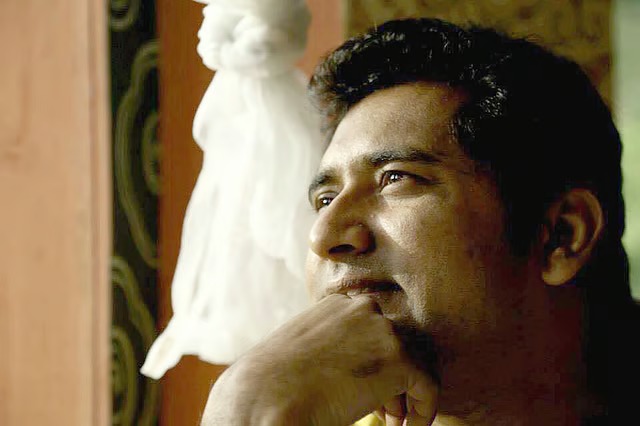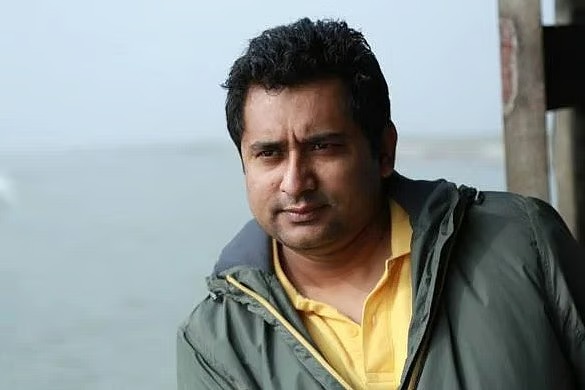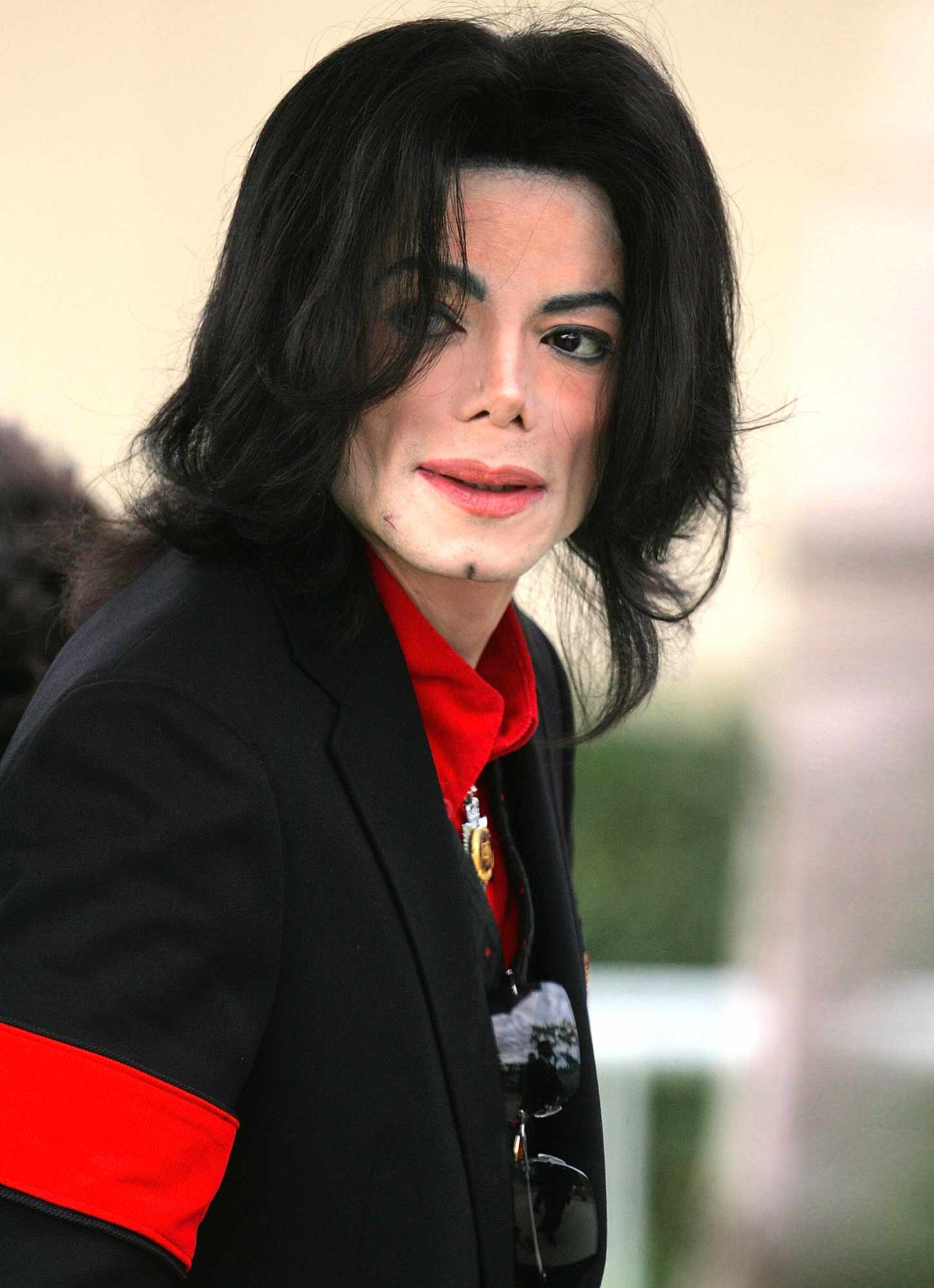Filmmaker Masud Hasan Ujjal has once again taken to Facebook to voice his thoughts on the country’s socio-political crisis—this time in the aftermath of the tragic plane crash at Milestone School in Uttara. Known for his outspoken commentary, Ujjal used this heartbreaking incident to raise deeper questions about our collective morality, desensitisation, and the corrosive influence of digital culture.
Reacting to the crash, which killed and injured scores of children, Ujjal wrote that he felt emotionally paralysed. “Since hearing the news, I was numb—as if I had lost the ability to grieve,” he wrote. Referring to the crowd of content creators, politicians, journalists, and even businesspeople who rushed to the crash site to livestream and post videos, he observed bitterly, “It seems we’re no longer human—just hollow shells pretending to be.”
According to Ujjal, the widespread frenzy to create viral content—even at the site of such a horrifying tragedy—reveals something deeply broken in our social fabric. “Maybe nature used these innocent children to punish us, to see whether we’d feel anything at all,” he reflected. “But no, we didn’t. We were too busy generating content. And that’s why social media was filled with shallow grief and performative outrage.”

He acknowledged that these kinds of content creators often draw public ire, especially during national tragedies. But he also challenged his audience to think deeper: are people naturally this apathetic, or have they been shaped by an economic system that rewards insensitivity? “Content creation is now the fastest, easiest route to visibility and income—with the least effort. This system wasn’t built by ordinary people. It’s the byproduct of capitalism. And corporate investments in this system are growing by the day.”
Ujjal pointed out how social media has extended its reach far beyond entertainment. “Today, someone can become a minister just by being active on Facebook,” he wrote. “Even political chaos can be orchestrated from abroad, thanks to social platforms.” In his view, everything—from business negotiations and politics to healthcare, fish markets, and justice systems—is now dictated by social media metrics. “Even in meetings, clients ask how many followers you have. Education, skill, and talent don’t matter—what matters is your follower count.”
Towards the end of his post, Ujjal posed some tough questions. “We often criticise ordinary people for being desensitised, but do we ever challenge the corporate masters? Why is an influencer more powerful than a professor? Why is a food vlogger more trusted than a nutritionist? Why is a tone-deaf TikToker more successful than a trained singer?” He stressed that this isn’t just an individual failing, but a consequence of a capitalist society where value is measured in profit and popularity, not substance.
Ujjal didn’t spare politicians either. “Their inhumanity is born of limitless greed,” he declared. “The politics of this country is among the worst in the world. No matter which era they were born in, our politicians would always be greedy, dishonest, and heartless.”
On the creative front, Ujjal is preparing for the release of his second feature film Bonolota Sen. Filming, dubbing, editing, colour grading, and sound design are all complete. He hopes to submit the film to the certification board soon and aims for a September release.

This new film follows his critically acclaimed debut Unoponchash Batash, which released in late 2020. Bonolota Sen is a government-grant film, inspired by the work of legendary Bengali poet Jibanananda Das. “I never compromised on the story,” Ujjal said. “That’s why it took almost eight months to finish shooting.”
Explaining why this film is special, Ujjal added, “In my eyes, Jibanananda Das is no less important than poets like Wordsworth, Poe, or T.S. Eliot. The world should have recognised him by now. This is the first time in my life I’ve had the honour to pay tribute to such a poet.”
He believes this moment should be celebrated nationally, especially as 2025 marks the 125th birth anniversary of Jibanananda Das. “I’m waiting for the day when we as a nation can proudly honour him the way he deserves,” Ujjal concluded.



